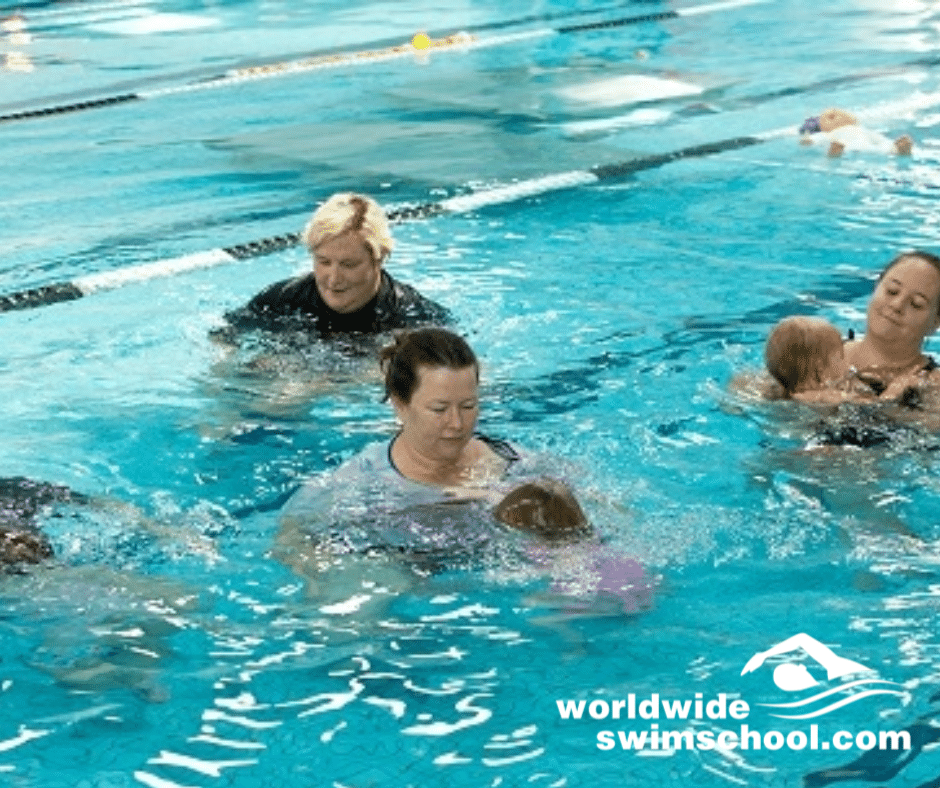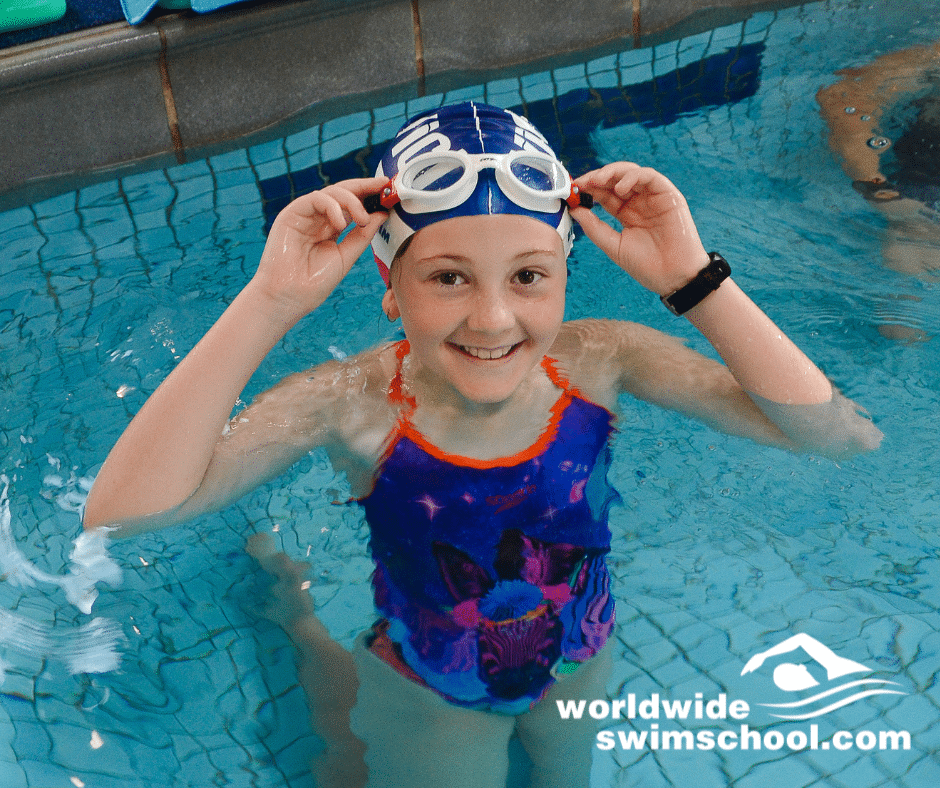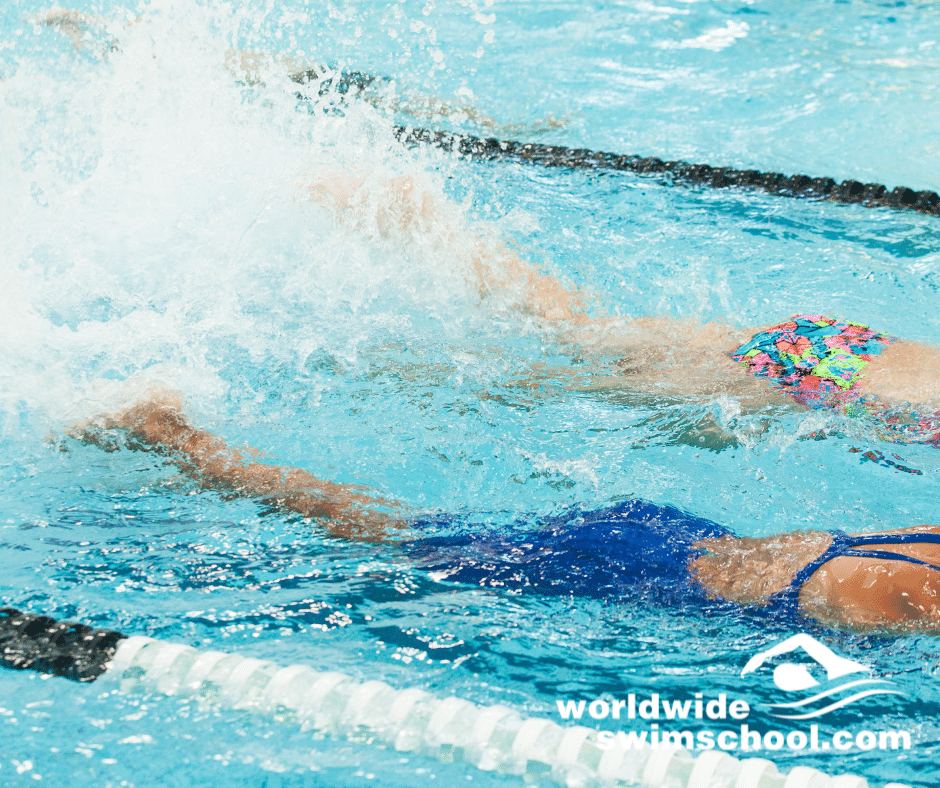A child under 3 can be very independent in the water. With regular swimming lessons and constant practice, children can learn how to swim with ease and can be very confident in the water. All children learn at a different pace! Evie is 2 years and 8 months in this clip and has been participating […]
Blowing Bubbles in Swim Lessons – Teaching Tips
The Laurie Lawrence philosophy to teach babies to blow bubbles has shifted since he started teaching swimming in 1975. In the early days, Laurie would teach blowing bubbles babies quite early in the learn to swim process. This is documented in his book Sink or Swim. Today however he concentrates on teaching babies under 2 […]
When Should I Stop Swimming and Dry Off?
Some days they are full of energy and others they need plenty of sleep. Parents and teachers should be aware of this and plan swimming lessons and practice accordingly. Here, we discuss when should you stop swimming with your baby and dry off. Babies are little individuals Once a baby is tired and has had […]
Hypoxic Training and Shallow Water Blackout
Shallow water black out, in its most simple term, is the loss of consciousness from extended breath holding. In competitive swimming athletes are at high risk. Especially when doing repeated sets where they are pushing themselves to go further in their underwater work. This is used in preparation for competition because the underwater dolphin kick […]
Maximum Practice Time in Swimming Lessons
Maximum practice time in the swimming lesson is essential for faster acquisition of swimming skills. Great swimming teachers always look for ways to ensure that maximum practice time is achievable during swimming lessons. As a swimming teacher how can you best achieve maximum practice time in your classes? Tip #1 Group children by ability To […]





